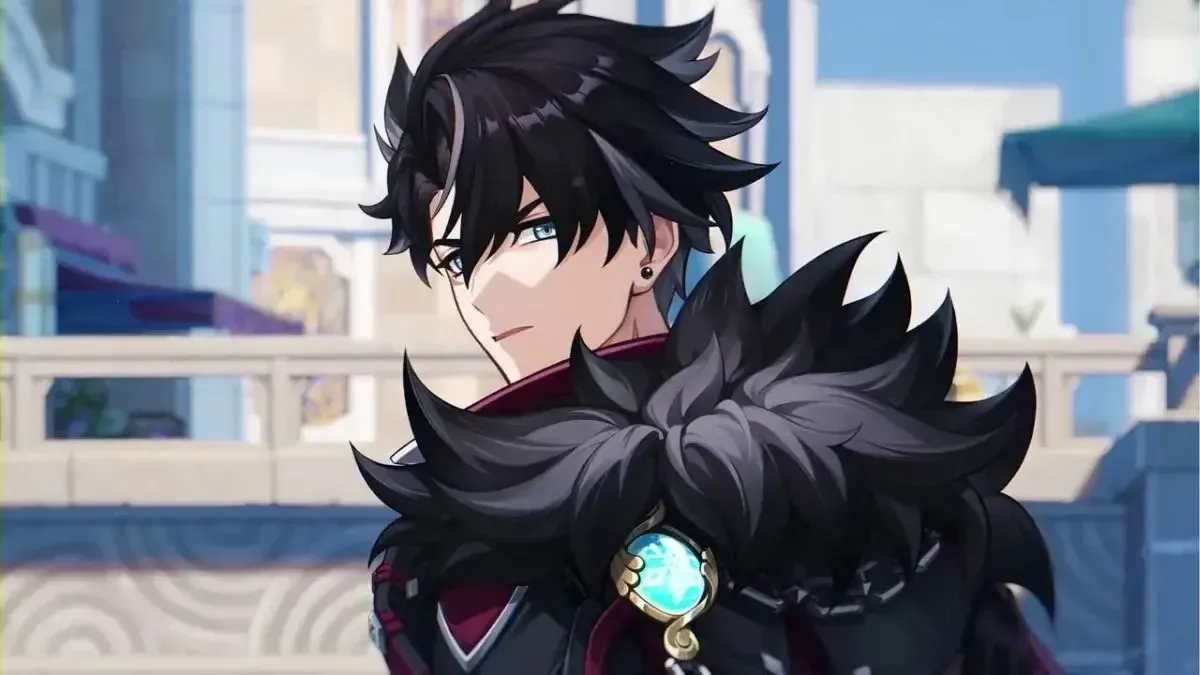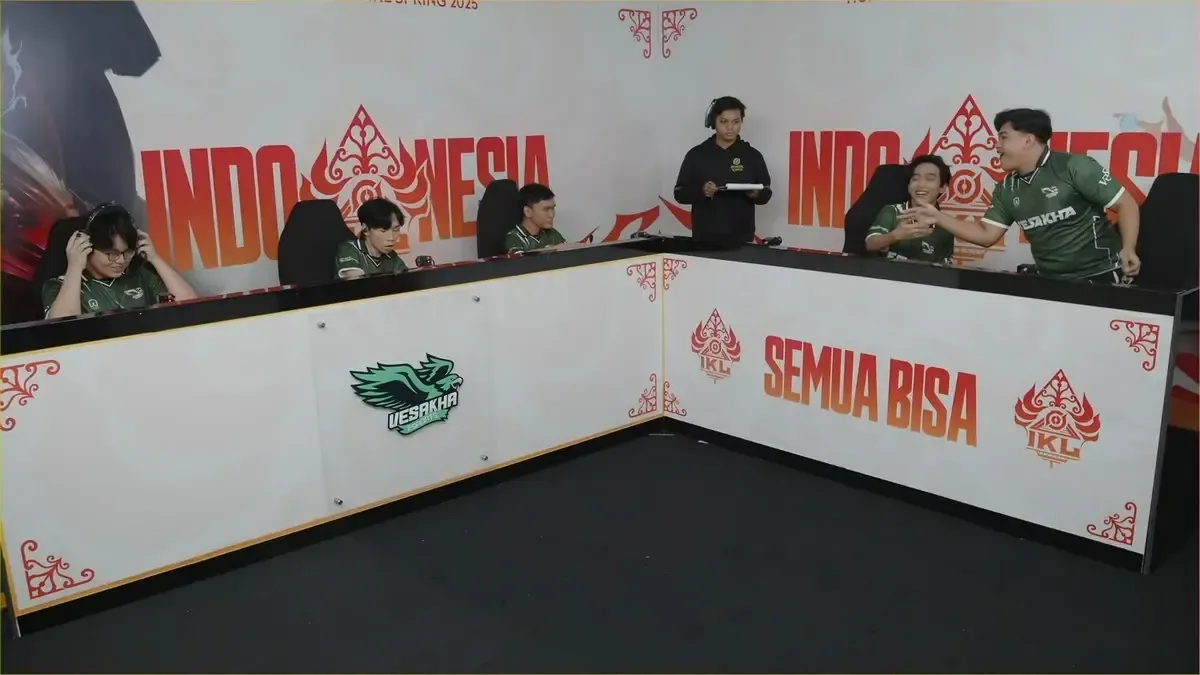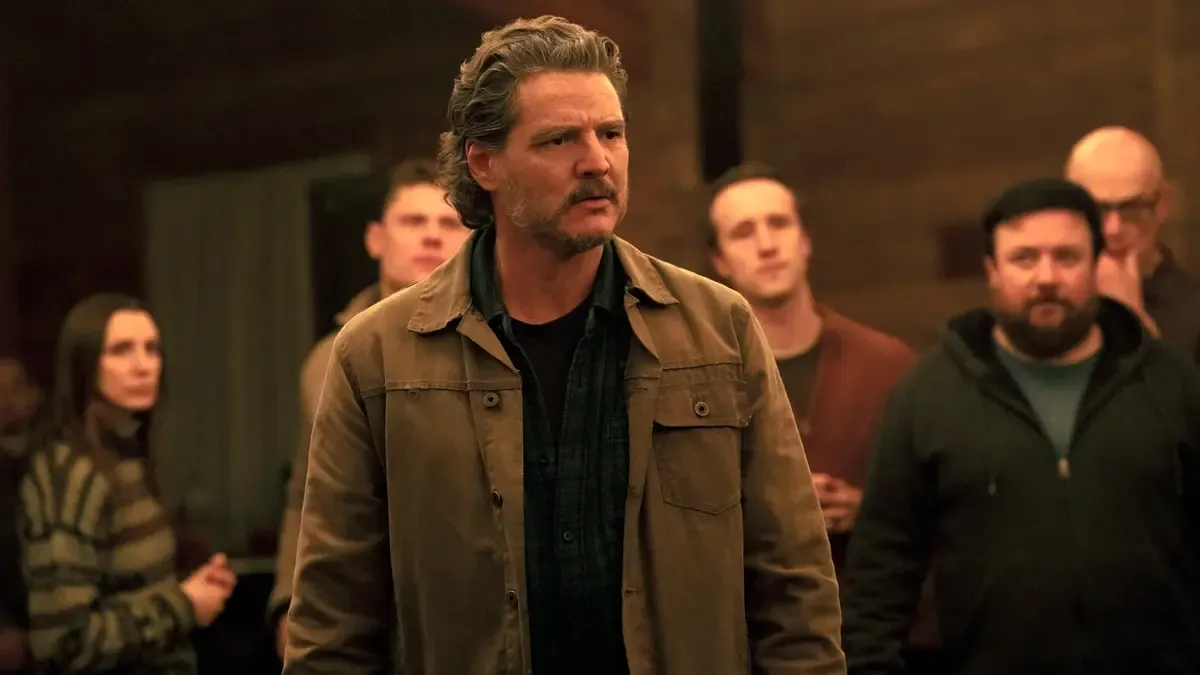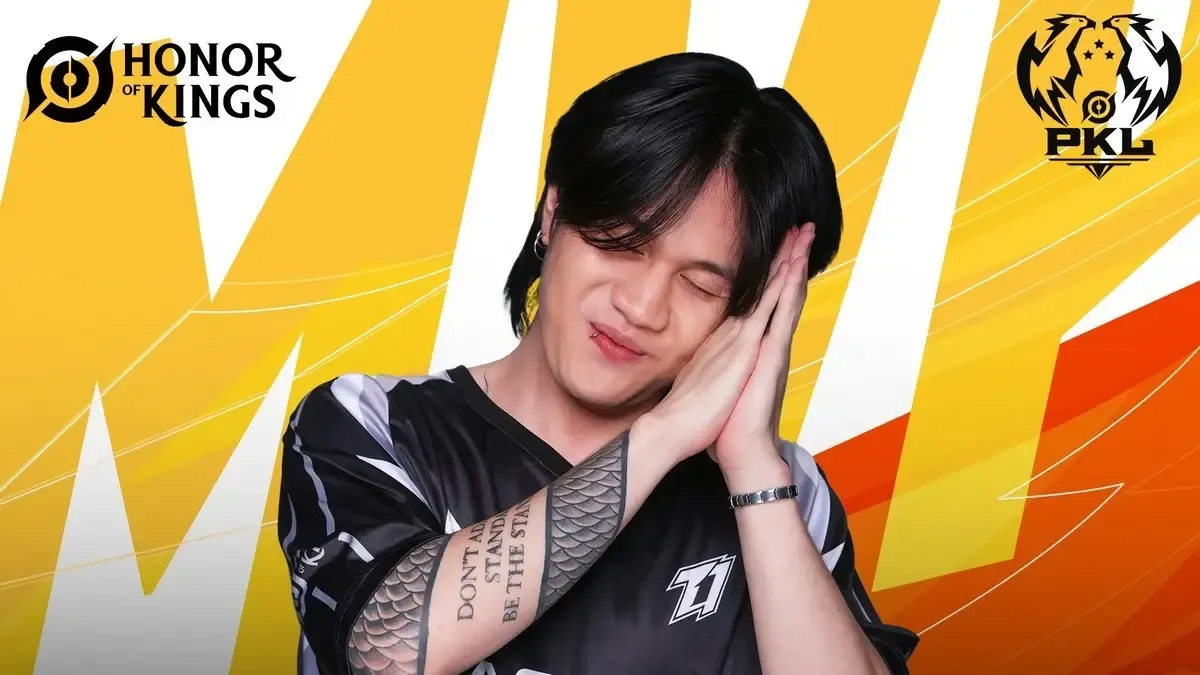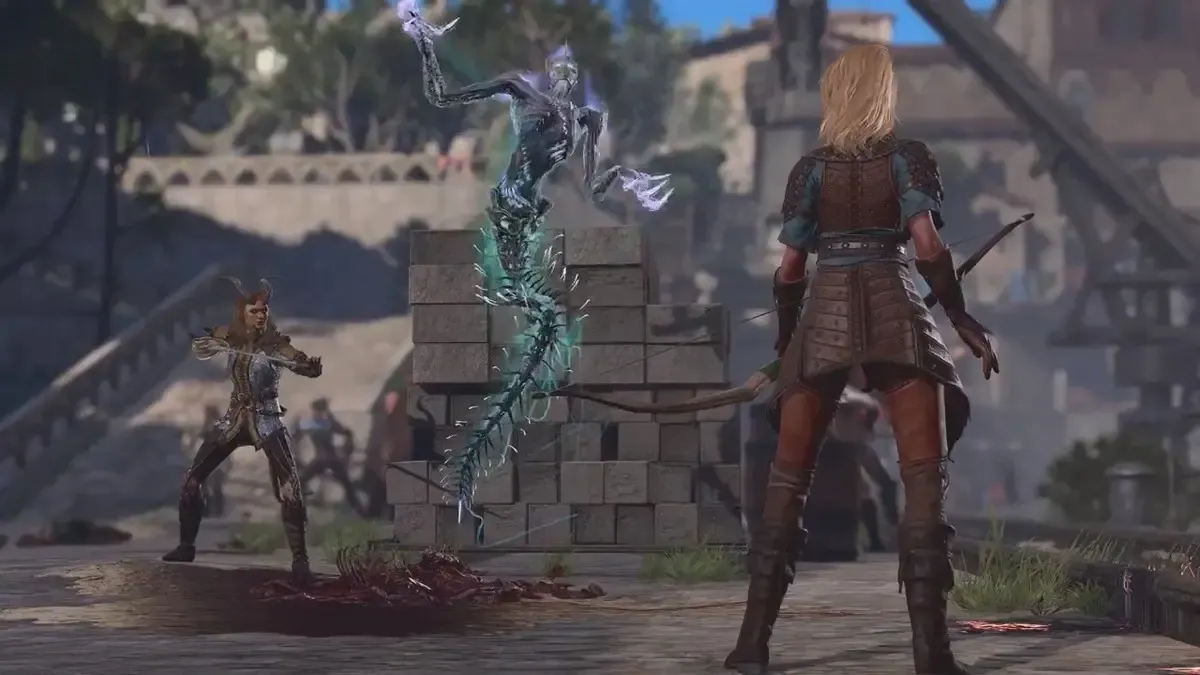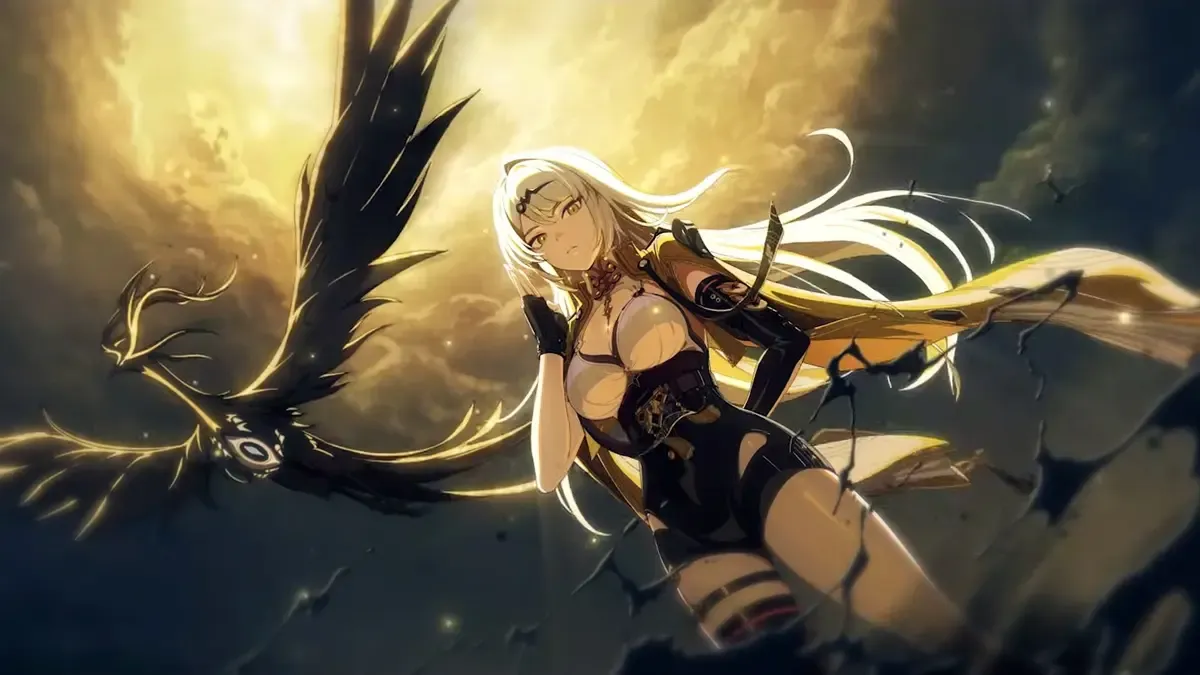Genshin Impact’s English cast was immersed in controversy after a few cast members targeted Kinich’s new VA.
If you’re a fan of Genshin Impact and have been online in the past week at all, we’re sure that you're already aware about the ongoing scandal concerning a few members of the game's English cast. With the community now left feeling confused, betrayed, and most of all, disappointed, there’s no guarantee that anyone affected by this controversy will be granted reprieve any time soon.
Genshin Impact being affected by the SAG-AFTRA strike is nothing new. English voice actors have intermittently withheld services over the past year, leading to temporary silence in certain quests or events. In the beginning, the community understood the lack of voices and stood behind the voice actors in support of their desire for AI protection, but recent events have left the fans questioning: was this ever about AI in the first place?
English VAs express hostility over Kinich recast
It all began when a new voice actor was introduced to take on Kinich’s role.
John Patneaude, who was the former VA behind Kinich, released a statement to his X (formerly Twitter) account in regards to his being let go, divulging that he had been withholding voiceover services during the SAG-AFTRA Interactive Strike because HoYoverse, the developer behind Genshin Impact, allegedly “wouldn’t offer AI protections in the form of a SAG Interim Agreement.”
In the same vein, the new voice actor for Kinich, Jacob Takanashi, released a statement to his account confirming his casting. Saying that he is “grateful for the opportunity to carry the flame from the previous flamebearer, John, who did an incredible job.”
However, if you look at the replies to Takanashi’s post, you’ll see that a lot of people, mainly fans and voice actors, are airing their disagreements and negative sentiments on Takanashi’s casting.
Fellow cast members like Corina Boettger, who voices Paimon, Kayli Mills, who voices Keqing and has since deactivated her X account in the wake of backlash against her, and Valeria Rodriguez, who voices Sucrose, replied to Takanashi’s post with negative sentiments, essentially calling Takanashi a “scab”. While other VAs like Brianna Knickerbocker, who voices Hu Tao, and June Yoon, who voiced Yip Tak, seemingly threw shade against Takanashi, with Yoon deleting his post afterwards. Shara Kirby, who voices Candace, also let out a few unsavoury statements on her BlueSky account, seemingly cursing out HoYoverse, entreating the company to replace her, and being open about being against Kinich’s recast.
These voice actors have also been incredibly vocal with their opinions regarding the recast, with statements released since that went from calling out Takanashi on X, all the way to decrying the backlash that came with their reactions, which fans have labelled as an outright case of bullying. A fan of the game has compiled all their statements in a google sheet document, titled “Genshin EN VAs - The Kinich Saga: Who’s Involved?” that you can check out for further details, as it contains links to every post made so far, including screenshots of deleted statements.
But what is a “scab”? In the context of a strike, “scab” is a derogatory term for a worker who crosses a picket line to work, essentially undermining the strike and the striking workers’ efforts. But here’s the thing, is Genshin Impact really a struck game? Is there weight to Takanashi being called a “scab”?
Perhaps this dogpiling didn’t even need to happen at all.
Joe Zieja releases video explaining the situation in bid to deescalate
The voice actor for Wriothesley, Joe Zieja, took to posting a YouTube video that goes into detail about the current state of affairs between the voice actors, Genshin Impact, and the SAG-AFTRA strike.
In the video, Zieja recaps the SAG-AFTRA video game strike, which currently affects a certain roster of games that’s under the union. Zieja states that the actor union's strike, which keeps its members from working with a select group of production companies on video games, aims to bring formal protections into contracts regarding their voices being used for the purposes of AI.
As such, voice actors aren’t allowed to render any work for these select companies unless agreements are made.
However, Zieja also reiterates that non-union games are, by definition, not struck, in addition to games that have already begun production before the strike began are also not part of the roster. Where does Genshin Impact lie in this situation?
Zieja confirms that HoYoverse, or its parent company MiHoYo, are not part of the roster of companies that have been struck. Yes, this means that Genshin Impact shouldn’t even be a part of the SAG strike to begin with, considering that the game has been non-union from the start. Since Genshin isn’t an officially struck game, some fans and industry observers questioned the basis for the work refusal.
So why is the majority of the English cast striking against HoYoverse?
“The goal wasn’t totally clear”: Actors have no clear agreement on what they want collectively
Zieja explains that a number of cast members “got together” and “decided that now would be a good time to try to engage with HoYo and encourage them to take some action.” Basically, the voice actors involved thought that with support for the SAG strike at an all-time high, it was time for them to bring HoYoverse into the mix.
Essentially, the movement these certain members have made is a collective work refusal, as the strike is not governed by any one body like SAG-AFTRA, even though the end goal seems to benefit SAG-AFTRA the most. The voice actors involved used the social momentum of the SAG strike to include HoYoverse in the conversation.
Zieja also divulges that this decision to strike against HoYoverse and Genshin Impact didn’t really have a clear goal. According to him, some actors wanted the company to sign a union agreement (AKA the Interim Agreement) for Genshin Impact to become a union game, others wanted to add AI protections into their non-union contract, while others were motivated by solidarity and social obligation, as in the case of Patneaude.
So yes, going by Zieja’s words, there is no clearly established goal for the current collective work refusal. It’s been established that Patneaude is a non-union voice actor, and has no ties to SAG-AFTRA or the strikes. He confirmed himself, that his decision to withhold his services was an act of solidarity for his fellow workers.
On the opposite side of the spectrum, Boettger continued their role as Paimon even if the collective work refusal was still ongoing. They are a union member of SAG-AFTRA, and in a series of posts, divulged that they chose to continue to work wholly due to the fact that their pay from HoYoverse is what keeps them afloat. As they say: “I am stuck in it cause I have no other way to pay for my medical bills.”
However, in a TikTok post made a few days before all of this went down, Boettger gave a different sentiment, and explained their perspective of the strike after calling fans “idiots” for “believing youtubers” weighing in on the situation: to strongarm Genshin Impact to become a union game so that everyone involved could be included into the guild, giving fans the impression that Boettger isn’t focusing on the AI side of things.
Zieja himself confirms that any actor, union or non-union, is free to disregard the collective effort at any time with no penalty, as in the case of Boettger and the rest of the active members of the cast. So why was Takanashi the only one to receive mass ire and disdain? There are no clear answers, and it looks like those involved will only point back to the fact that his casting has affected their collective work refusal. Subjectively, it appears that the backlash Takanashi received is turning out to be misplaced.
Fans have gathered under the opinion that the Kinich recast is a wakeup call to those withholding their services: if you refuse to work, then the job will go to someone else, no matter how noble your intentions are.
What can HoYoverse do to rectify the situation?
Zieja interjects that HoYoverse could rectify the situation by simply signing a union contract, but also acknowledges the fact that this doesn’t mean the company should immediately sign. HoYoverse is not a US company, and therefore has every right to be careful when it comes to signing contracts under the US labor laws.
If HoYoverse signs, those who were let go from the project could and will return, and those who have been withholding their services will go back to voicing beloved characters.
But Zieja does not go into the disadvantages of HoYoverse signing the union contract, those being:
- Going union means that Genshin Impact will only be able to hire voice actors that are only affiliated with said union (citing Section 6 of the Interim Agreement)
- American union laws are arguably outdated, and
- The existence of Taft-Harley, which basically means that Genshin Impact can only hire non-union actors in accordance to the Taft-Harley Act, forcing non-union members to join the union within 30 days upon working on the union covered project.
Genshin Impact has begun to sidestep these possible restrictions by hiring voice actors outside of America, case in point being Takanashi, who lives in Japan, and Jane Jackson for Varesa, who lives in the United Kingdom. Zieja has cited that other Chinese companies have signed union agreements in the past, and has also pointed out that voice actors involved with Genshin Impact could get massive benefits if the game goes union.
Zieja also states that actors living in right-to-work states won’t be affected if they are non-union. And any non-union actor has the possibility to negotiate an individual waiver with the union involved in regards to Taft-Harley. But again, this depends if the union agrees to the waiver. There seems to be no solid assurance for any non-union actors interested in joining Genshin Impact’s roster if the game does go union.
So what can happen now? There’s no clear direction, everything is up in the air as long as HoYoverse decides not to act.
It’s a complicated situation, with no clear ending in sight
Zieja affirms what we’ve been thinking about this whole fiasco: it’s an incredibly confusing and complex situation that isn’t being made any better by both voice actors and fans interjecting their views and opinions into the mix. Zieja succinctly summarises what exactly makes this collective work refusal so complex:
- The issue handles laws in multiple states in multiple countries
- The issue involves union and non-union independent contracts
- AI protections are fragmented
- Genshin Impact is an insanely popular game with a massive roster of people involved
- The mob mentality which has occurred
But Zieja homes in on the most important reason as to why he’s made the video: people need to be kind to each other and engage in constructive dialogue with each other, in order to avoid the toxic discourse which occured from happening again.

